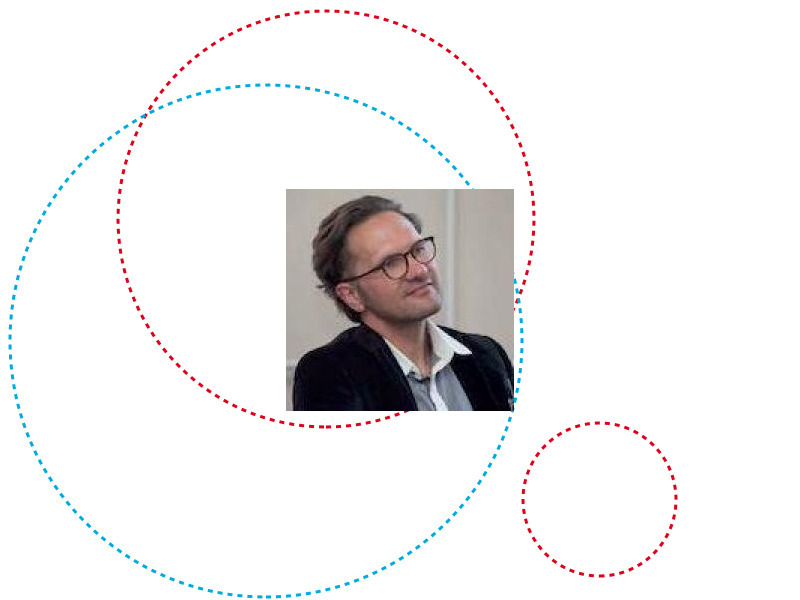In specialized as well as in everyday discourse, individuals usually use texts to understand their meaning in a community. Understanding is indeed the spontaneous mode of dealing with intellectual discourse since texts are written to convey a message to be understood by the readers. Accordingly, in the social sciences and humanities, many interpretive methodologies have emerged that have recourse to understanding for example in ethnographic and historical research. Yet even though understanding is crucial for any strategy that aims to develop a certain expertise of a discourse, it can pose problems when discourse is to be made an object of empirical investigation. In this workshop, we will review the practical options we have to deal with the problems occurring in the research process. We will look into examples from ongoing research projects on academic and political discourses.
Johannes Angermüller is Professor of Discourse, Languages and Applied Linguistics at Open University and has been director of the ERC DISCONEX and INTAC projects at Warwick University and École des Hautes Études en Sciences Sociales since 2012. After obtaining a PhD at Paris-Est-Créteil-Val de Marne, and Magdeburg in 2003, he was Juniorprofessor in the Sociology of Higher Education at Johannes Gutenberg University Mainz. He has published widely in the field of Discourse Studies. His publications include Poststructuralist Discourse Analysis. Subjectivity in Enunciative Pragmatics (Palgrave Macmillan: Houndmills, Basingstoke, 2014) and Why There Is No Poststructuralism in France. The Making of an Intellectual Generation (Bloomsbury: London, 2015), which have been translated into French, German, Portuguese, Spanish and Turkish.
CONTACT
